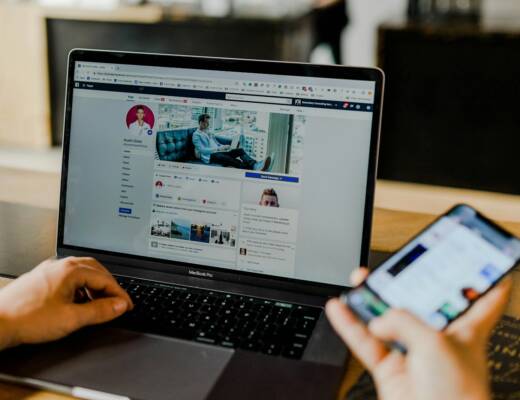During COVID-19, These Entrepreneurs Are Putting the ‘Fun’ in Fundraising
by / ⠀Entrepreneurship / August 20, 2020
We all want to give back, but let’s face it: In times like these, it’s tough.
With the economy on shaky ground, Americans are focused on their own finances. This past April, the U.S. personal savings rate hit an all-time high of 33%.
Where does that leave fundraisers? With an uphill climb. To get Americans to give, these entrepreneurs are making the experience fun:
Previous Post






